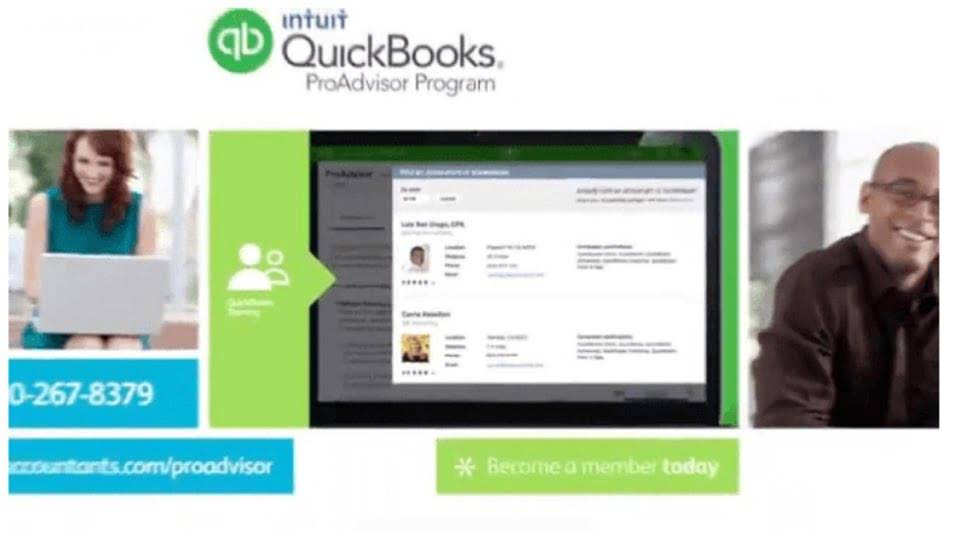

The financial rewards can be life-changing, and seeing your business grow and thrive can be a fulfilling experience. Accountants do a lot of heavy lifting when it comes to keeping your business financials in line. In addition to helping you during tax season, they can help you get your business set up, keep it up to date on tax laws, help prepare for audit compliance, and give you advice along the way. A small business accountant will safeguard you from bad debts by helping you choose least expensive borrowing plans as per need of your business.

もくじ
How an Accountant Can Help a Small Business Owner
- The overall financial health of your organization can determine future loans, which, in turn, may allow you to purchase new machinery or invest in new technology.
- By asking yourself the above questions, you can quickly gauge how beneficial it would be to hire an accountant for your small business.
- Although automated accounting software can enhance efficiency and cut costs, outsourcing the work to an accountant can help small businesses control expenses, manage cash flow, and optimise tax strategies.
- By donning the hat of a remote CFO, your accountant becomes an essential ally in your voyage towards business success.
- Of course, certain equipment might be better to buy brand-new, such as laptops to successfully do the job, so be sure to consider what is most suitable to purchase pre-owned.
- Their expertise fosters collaboration, enabling stakeholders to make informed decisions that drive business success.
They can guide businesses through the process of registering for VAT, ensuring compliance with regulations, and maximizing tax benefits. Accountants can also provide advice on international taxation, helping businesses navigate the complexities of working with foreign companies. Accurate bookkeeping ensures that financial records are up-to-date and organized, providing business owners with a clear picture of their financial position. This information allows them to make informed decisions and take necessary action to control their finances effectively. This is a necessary chore that helps small business owners track and manage their money effectively https://x.com/bookstimeinc – especially during the early stages. Besides keeping you cognizant about your business’ past and present performance, small business accounting also helps in generating invoices and completing payroll.

Social media marketing tips for accountants
If you just need a CPA for a one-time audit or to file your taxes once, this may not seem like a big deal. But if something comes up, you want to make sure this is their full-time job, not a side hustle they work only during tax season. Go ahead and piggyback on their success—you don’t have to always learn everything from scratch! ” or type “small-business CPA” into Google, searching online is a great place to start looking for the right CPA.
Small business accountants: What they do + why they’re important
When setting up accounting for startups, you need to choose a method of recording financial transactions. There are basically two methods of recording income and expenses – the cash basis and the accrual basis of accounting. Cash flow difficulties can cause issues for any business, even very profitable companies. If you’re unable to buy stock or pay suppliers, you could ledger account block your business’s progress.

An accountant will be able to accurately estimate your quarterly taxes and help file monthly payroll taxes how an accountant can help a business succeed on your behalf. They can also advise you on the best methods for complying with sales tax regulations in the markets you sell to. The best way to avoid this frustration is to add a small business accountant to your team. A good accountant can help you with your books and free up your time to be used in other areas of your business. Do you think your small business can survive without the guidance of a professional accountant?
- By recommending appropriate life and disability insurance policies, financial advisors can help ensure business continuity.
- These forecasts help businesses plan for growth by identifying potential funding gaps and facilitating strategic decision-making.
- For example, if there is a sudden increase in expenses or a decrease in profitability, accountants can determine the underlying causes and recommend appropriate actions.
- For example, a traditional accountant requires a bachelor’s degree in accounting, whereas a CPA must have an accounting degree and meet additional CPA requirements depending on their location.
- This could be anything from finding more affordable suppliers to suggesting more cost-effective processes.
- Keep reading to learn some of the many ways a business accountant can boost your business’ profits, followed by information about how to find the right certified public accountant (CPA) for your business.
Once you have several names, complete some internet research on their background and experience, and read any available reviews. But who should small business owners turn to when they need strategic or operational advice about running their businesses? An accountant oversees the books and records of a business, keeping it organized and up to date to help clients make informed decisions about their taxes. They are not licensed by the state; they’re regulated by their professional associations. CPAs, on the other hand, provide accounting services for businesses and are licensed by the state in which they work.


An accountant can help small business owners follow financial rules and regulations, explain financial statements, oversee payment processes, help them file their taxes correctly, and more. If an owner is too emotionally tied up with their small business, it’s up to the owner’s financial advisor to map out the financial situation and deliver hard-to-hear information. A company may have enough funds today, but financial advisors with an eye on their cash flow analysis and financial and local economic trends might see trouble long before an owner does. Managing a small business’s financial assets requires understanding the tax implications of various financial decisions.
Accountants are well-versed in growth financing options, such as loans, equity financing, and government grants, and provide valuable advice on the most suitable funding strategy for the business. Navigating the complex landscape of tax laws and regulations can be overwhelming for businesses. Accountants specialize in tax planning and optimization, employing various strategies to achieve tax efficiency. They identify tax strategies that can minimize tax liabilities by taking advantage of deductions, credits, and exemptions available in tax laws. They also help businesses utilize government incentives and allowances, such as research and development credits or investment incentives, to further optimize their tax position.

























